Buy Rolimus : Everolimus 10 Mg Tablets Online
$99.20
Brand Name : Rolimus
Composition : Everolimus
Manufacturer: Cipla Ltd.
Strength : 10 mg
Form : Tablets
Packing : Pack of 10 Tablets
Prescription is mandatory for purchase.
Rolimus is a prescription medication used to treat certain types of cancer, including advanced renal cell carcinoma (kidney cancer), advanced pancreatic neuroendocrine tumors (PNETs), and hormone receptor-positive, HER2-negative breast cancer in postmenopausal women. It contains the active ingredient everolimus, which is a type of medication called a kinase inhibitor.
Uses:
Rolimus is used to treat various cancers by inhibiting the growth and spread of cancer cells. It works by blocking a protein called mTOR that is involved in the growth and division of cancer cells.
HOW TO USE:
Rolimus tablets should be taken exactly as prescribed by your doctor. The usual recommended dose is 10 mg once daily, with or without food. Do not crush or break the tablets, swallow them whole with a glass of water.
Storage Conditions:
Rolimus tablets should be stored at room temperature, below 25°C. Keep it out of reach of children and pets.
Mechanism of action:
Rolimus contains the active ingredient everolimus, which is an oral medication that works by inhibiting mTOR, a protein that helps cancer cells grow and divide.
Precautions:
– Do not take Rolimus if you are allergic to everolimus or any other ingredients in the medication.
– Tell your doctor if you have liver or kidney problems before taking Rolimus.
– Do not take this medication if you are pregnant or planning to become pregnant. It is not known if it will harm your unborn baby.
Contraindications:
– Do not take Rolimus if you have a history of hypersensitivity reactions to everolimus.
– Do not take this medication if you are currently taking St. John’s wort, rifampin, or certain antifungal medications.
Drug Interactions:
Rolimus may interact with certain medications, so tell your doctor or pharmacist if you are taking any other medications, including prescription and over-the-counter medications, vitamins, and herbal supplements.
Overdose:
In case of an overdose, seek medical attention immediately. Symptoms of an overdose may include severe nausea, vomiting, diarrhea, confusion, and blurred vision.
Side effects:
The most common side effects of Rolimus include mouth sores, diarrhea, fatigue, cough, and infections. These side effects usually go away on their own. However, contact your doctor if these side effects persist or become severe. In rare cases, more serious side effects may occur, such as kidney problems, high blood sugar, or infections. If you experience any of these symptoms, seek medical attention immediately.
Be the first to review “Buy Rolimus : Everolimus 10 Mg Tablets Online” Cancel reply
Related products
Anti Cancer
Anti Cancer
Anti Cancer
Anti Cancer
Anti Cancer
Anti Cancer


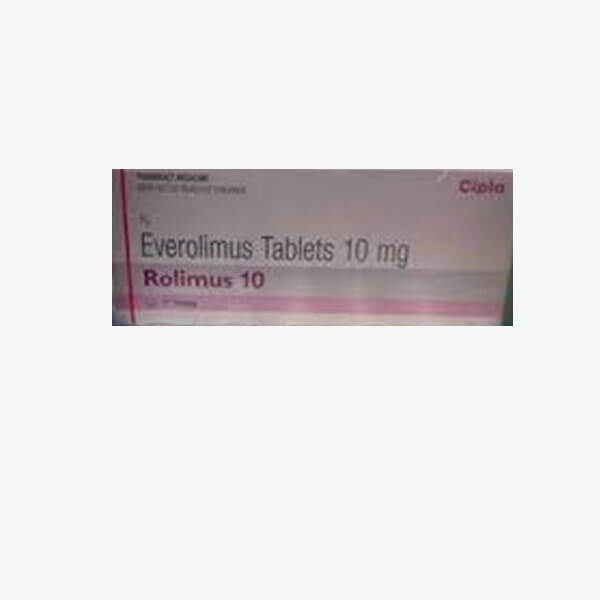


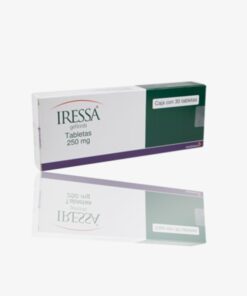

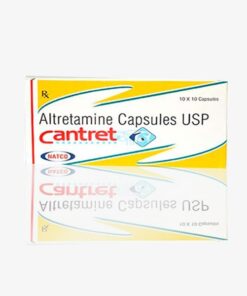
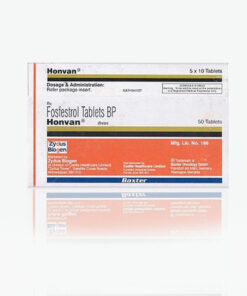



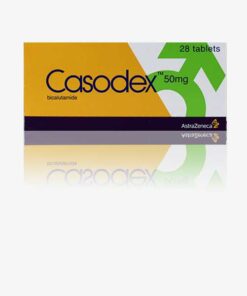
Reviews
There are no reviews yet.